

Professional 20Ton Hydraulic Infeed Wood Processor Firewood Processor

Log Grapperler Chain Wood Processor Firewood Processor Machine 30t 50 Ton Joystick

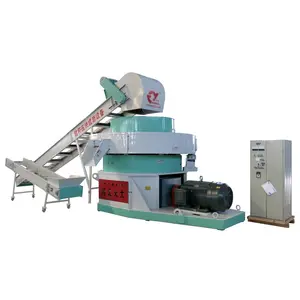
Straw Pressing Production Line Cotton Straw Briquetting Machine Eucalyptus Bark Briquette Machine Biomass Briquette Machine


80t Firewood Processor Automatic Firewood Machine Wood Processor Firewood Processor Machine


TUV Rheinland CE(MD/EMC/NOISE) 6.5HP Gasoline Engine Powered Forestry Machinery Firewood Processor Wood Log Splitter Machine

RIMA forestry machinery RMM7-20TA 480 firewood processor wood processor machine with 14hp gasoline engine

Top quality ATV hydraulic log feeding deck table with wheel for firewood processor machine

Excavator mounted wood cutter tree shear firewood processor cutting machine for forestry machinery

HOT SALE New Forestry Machinery Skid Steer Attachments Firewood Processor Wood Processor log splitter

Portable Cheap Firewood Processor Carbon Steel Manual Log Splitter Wedge Firewood Processor Machine
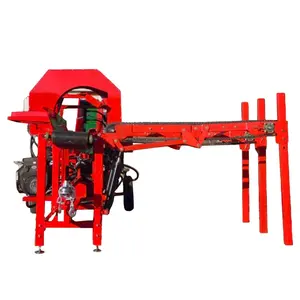
GX630 engine hydraulic firewood processor machine log splitter forestry machinery with CE certificate

firewood processor machine 27t firewood wood processor holzspalter firewood processor

RIMA 30Ton RM500JOY automatic Gasoline firewood processor / log splitter / wood cutting machine with Joystick

High quality fire wood processor hydraulic firewood processor machine log splitter forestry machinery with CE certificate

Cheap firewood processor electric wood log splitter wood cutting machine for sale
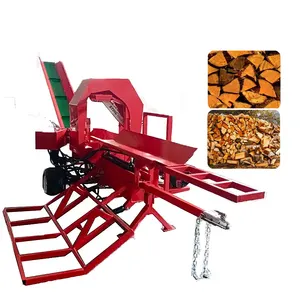
hydraulic firewood processor machine with big circular saw log cutter and log splitter machine
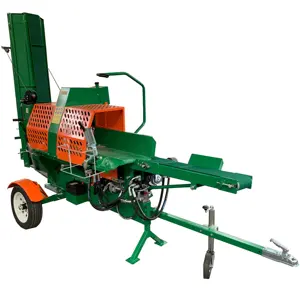
log splitter firewood processor wood cutting saw machine price in india

New Forestry Machinery Skid Steer Attachments Firewood Processor Wood Processor

Factory sales JQ 20 tons wood firewood processor fire wood log splitter firewood processing machines for forestry machinery

30 tons firewood processor machine

Fast Splitting Wood Log Splitter Hydraulic Vertical And Horizontal Log Saw Firewood Processor Gasoline Log Splitting Machine

Chinese 7 ton 15ton 25 ton hydraulic electric wood log splitter firewood processor wood splitter machine

TUV CE firewood processor hydraulic log splitter wood cutting splitting machine for sale

Cheap But Efficient Firewood Log Processor Machines For Sale | Buy Heavy Duty High Speed Firewood Log Processor | worldwide ship
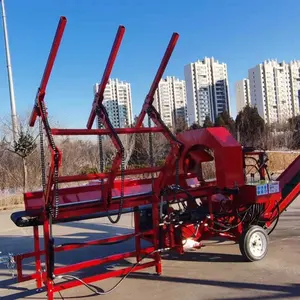
500mm Firewood Processor Hydraulic Log Splitter Wood Cutting Splitting Machine
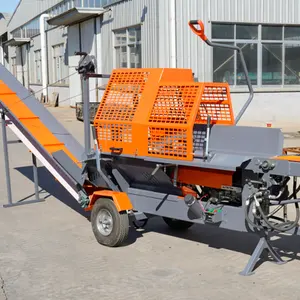
firewood processor cutting machine forest machinery 20ton

Heavy Duty Horizontal Firewood Processor Wood Splitter Log Splitting Machine

Branch twig chipper wood chopping diesel firewood processor machine

5T Electric Rapid Kinetic Log Splitter Fast Log Splitter Firewood processor Wood Cutter Machine

EPA approved petrol log splitter firewood processor forestry machinery firewood cutting machine

Cheap firewood processor log splitter wood splitting machine

High quality firewood processor forestry equipment wood processorwood cutting machine 30Ton

cheap general wood log cutter splitter firewood processor splitting machine

diesel vertical horizontal log splitter wood splitter firewood processor machine
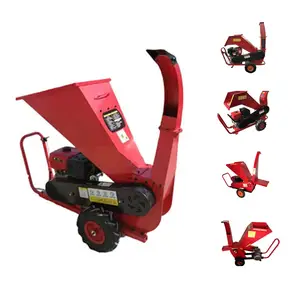
Branch twig chipper wood chopping diesel firewood processor machine

10-40 ton commercial hydraulic Electric wood log splitter cutting splitting firewood processor machine portable automatic

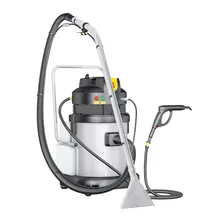



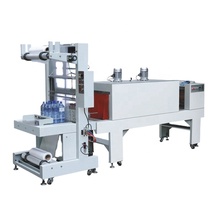






















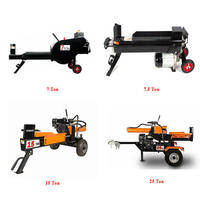
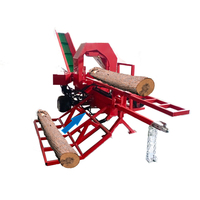








 浙公网安备 33010002000092号
浙公网安备 33010002000092号 浙B2-20120091-4
浙B2-20120091-4